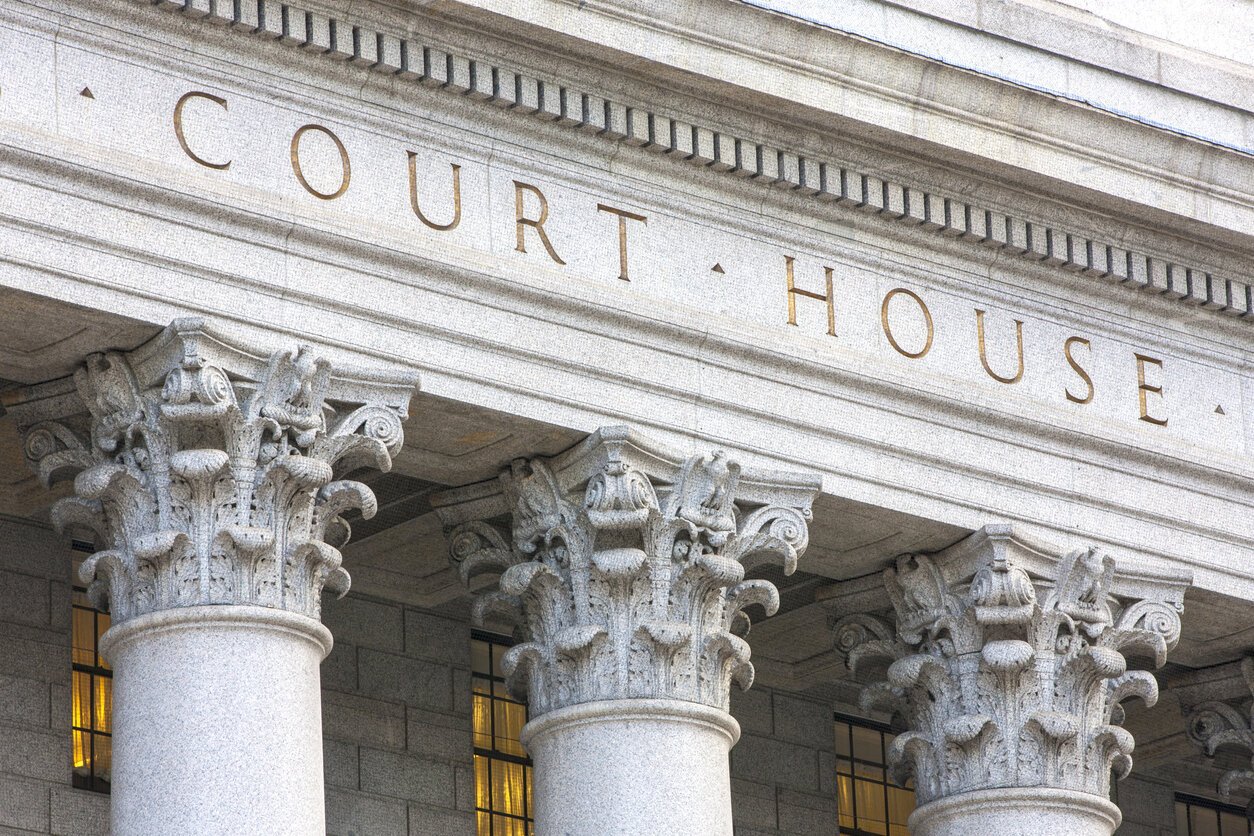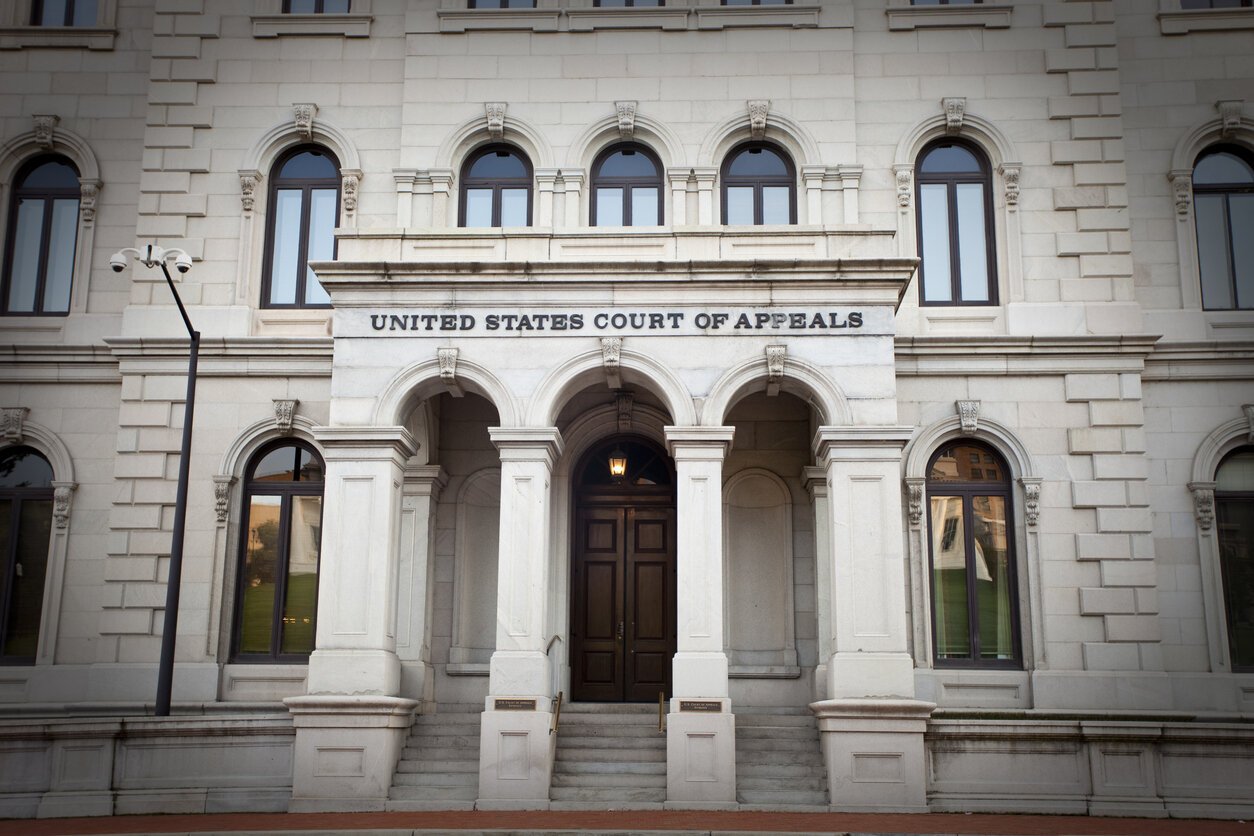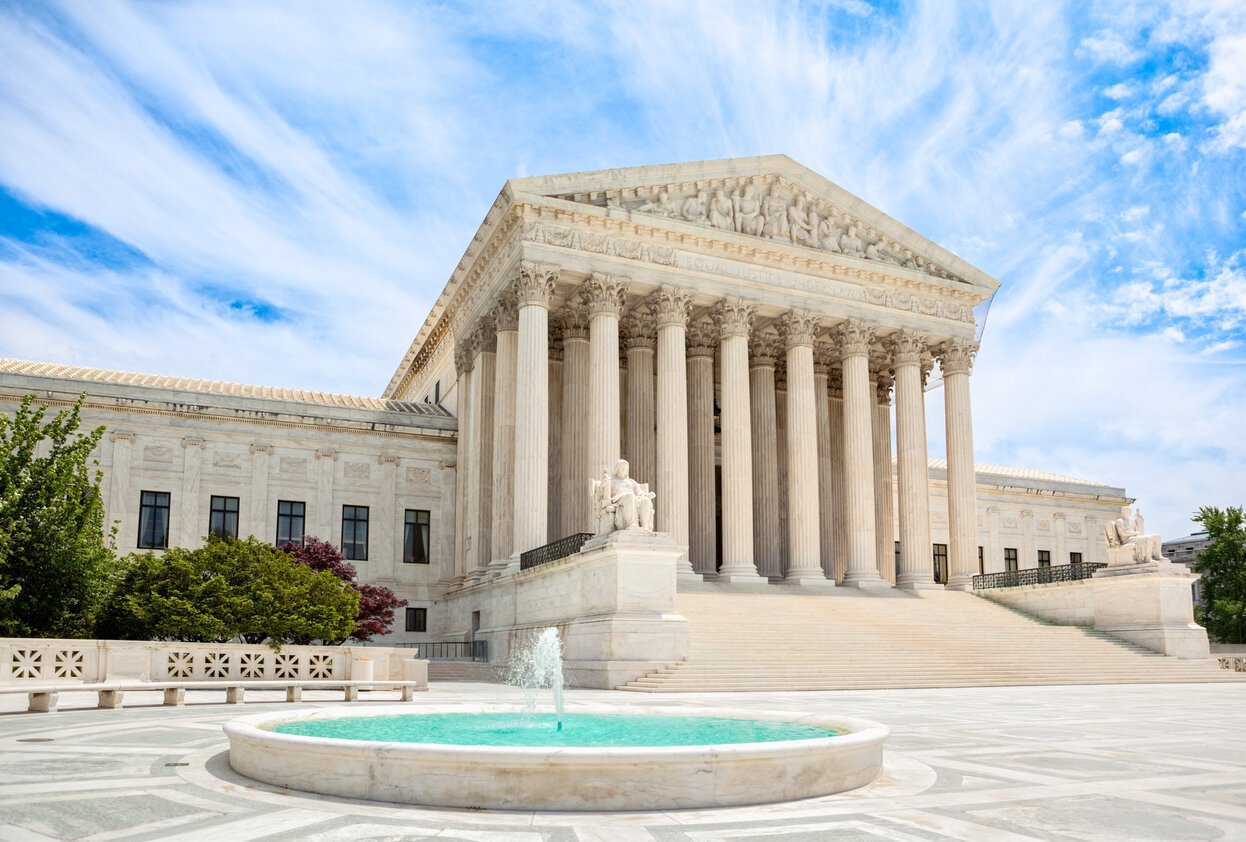
Federal Circuit: No Waiver of Sayers Arguments in VA Removal Case
A VA police officer was removed by the Department of Veterans Affairs under the 2017 “accountability” law 38 U.S.C. § 714 that limited review of VA’s actions against general schedule employees. The removal was based on conduct occurring prior to the enactment of the law. The employee appealed to the MSPB, and the MSPB affirmed the removal. On December 7, 2020, the United States Court of Appeals for the Federal Circuit vacated the MSPB’s decision, and remanded the case to the MSPB with instructions to remand the case further back to the agency.

OSC and CIGIE Reach Agreements for Investigation Referrals
On November 3, 2020, the United States Office of Special Counsel (OSC) announced that it had reached two agreements with the Council of the Inspectors General on Integrity and Efficiency (CIGIE). A statement by OSC claimed that the “core goals of the agreements are to protect the independence of the respective Inspectors General and provide better outcomes to whistleblowers who report allegations of wrongdoing by OIGs.” The agreements are “the result of a years-long effort to clarify standards of procedure for such disclosures.”

EEOC Revises Memorandum of Understanding with DOL, DOJ
On November 2, 2020, the EEOC held a public meeting, its first of the fiscal year, to consider a new, revised version of its memorandum of understanding (MOU) with the Department of Labor and Department of Justice. At the close of the meeting, the Commission voted 3-2, on partisan lines, to adopt the new MOU. The Republican majority rejected a dozen proposed amendments made by the Commission’s two Democratic commissioners.

Sixth Circuit: Appeals of Enforcement Petitions Must Go to Federal Circuit
On October 14, 2020, the Sixth Circuit Court of Appeals held that appeals of MSPB decisions on petitions for enforcement must be heard by the U.S. Court of Appeals for the Federal Circuit, even appeals of petitions stemming from a “mixed case” typically appealable to federal district court for adjudication of discrimination claims.

Federal Circuit: CFC Has Discretion to Deny Liquidated Damages for Erroneous Classification
An NCIS investigations specialist filed suit, alleging that NCIS erroneously classified him as exempt from overtime pay, and for years denied him overtime compensation and premium pay in violation of the Fair Labor Standards Act (FLSA). On September 24, 2020, the United States Court of Appeals for the Federal Circuit affirmed the Court of Federal Claims’ decision, after a trial, to deny liquidated damages, despite finding that NCIS was liable for incorrectly classifying the position as FLSA-exempt.

D.C. Circuit Panel: Congress Must Pass Law to Authorize House Subpoena Enforcement
On August 31, 2020, in a 2-1 decision after a remand from the en banc court, a panel of the United States Court of Appeals for the D.C. Circuit held that the Committee on the Judiciary of the United States House of Representatives (“Judiciary Committee”) had no valid cause of action to enforce its subpoena for executive branch records related to former White House Counsel Donald F. McGahn, II, where the Executive Branch blocked McGahn’s testimony and asserted “absolute testimonial immunity.”

Federal Circuit: No MSPB Jurisdiction for Termination for Failure to Maintain National Guard Membership
A dual-status military technician, whose position was partially civilian and partially military, appealed his termination for failing to maintain membership in the National Guard, a prerequisite to his dual-status appointment under 32 U.S.C. § 709(b), to the Merit Systems Protection Board.

OSC: MSPB Misapplied Whistleblower Statute
On August 11, 2020, the United States Office of Special Counsel (OSC) filed an amicus curiae brief in Tao v. MSPB, a case pending before the United States Court of Appeals for the Federal Circuit, arguing that the Merit Systems Protection Board (MSPB) committed reversible error when it failed to properly analyze an employee’s allegation of whistleblower retaliation.

Federal Circuit Rules PACER Fees Excessive
On August 6, 2020, the United States Court of Appeals for the Federal Circuit affirmed a district court ruling that the federal judiciary has been charging unlawfully excessive fees for access to records through the Public Access to Court Electronic Records (PACER) system.

Seventh Circuit Rebukes MSPB AJ’s Whistleblower Findings, Remands Again for Damages
In 2018, the United States Court of Appeals for the Seventh Circuit held the MSPB acted arbitrarily and capriciously when it dismissed an ATF employee’s Individual Right of Action appeal. The Seventh Circuit’s 2018 opinion found that the employee “properly alleged a ‘protected disclosure’ and exhausted his administrative remedies so that the Board had jurisdiction to evaluate the merits of his claim.” The MSPB AJ denied relief, and the employee appealed to the Seventh Circuit again. On July 16, 2020, the appeals court again held that the MSPB acted arbitrarily, capriciously, and contrary to law. This time, the remand to the MSPB was only on the extent of relief to the employee.

Federal Circuit: Agencies Can Remove Burrowed Employees to Correct Illegal Appointments
On June 26, 2020, the United States Court of Appeals for the Federal Circuit held that the removal of illegally appointed employees who had otherwise not committed misconduct or performed poorly still promoted the efficiency of the service.

Supreme Court: Single-Director Structure of CFPB Violates Constitution’s Separation of Powers
On June 29, 2020, the United States Supreme Court held that restrictions on the President of the United States’ ability to fire a single director of a federal agency violates the separation of powers clause of the United States Constitution.

Supreme Court: Title VII Protects Gay, Lesbian, and Transgender Employees
On June 15, 2020, the Supreme Court of the United States, by a 6-3 vote, held that an employer who fires an individual merely for being gay or transgender violates Title VII’s prohibition on sex discrimination.

FLRA Denies VA’s Request for Reconsideration on Accountability Act Implementation
The Department of Veterans Affairs filed a request for reconsideration after the Federal Labor Relations Authority (the Authority) found for the American Federation of Government Employees (the Union) on November 20, 2019. In the 2019 decision, the Authority found that the agency had a duty to bargain with the Union over the implementation of Accountability Act provisions providing the Agency with additional power to address performance and misconduct concerns. On May 11, 2020, the FLRA denied the agency’s request for reconsideration of the 2019 decision.

Federal Circuit: Arbitration of Removal Bound by Federal Circuit Rules, not FLRA Rules
A Department of Defense teacher employed in a school for children of military personnel was removed for misconduct in 2012. The teacher challenged her removal through the union’s negotiated grievance process in 2014, established via the union’s collective bargaining agreement with the agency. In 2018, the agency argued for the first time that the union’s request for arbitration was untimely.

Federal Circuit Upholds MSPB Decision on PTSD Defense
A Department of Veterans Affairs employee challenged a suspension through an Individual Right of Action, claiming whistleblower retaliation, and also challenged his removal from federal employment through an MSPB appeal.

Federal Circuit: “Retaliatory” Investigations Not Personnel Actions Under WPA
A Department of Veterans Affairs medical center director made multiple protected disclosures to the VA Office of Inspector General about agency spending and contracts in October 2013. He repeated those concerns in a conference call in January 2014. His second line supervisor was on that conference call. The second-line supervisor, several weeks later, appointed an Administrative Investigation Board (AIB) to investigate inappropriate relationships with subordinate staff, and investigators treated the medical center director as a subject of that investigation.

Supreme Court: Federal Sector Personnel Actions Must Be Free of Any Consideration of Age
On April 6, 2020, the United States Supreme Court issued its decision in Babb v. Wilkie. The question in this case was whether the Age Discrimination in Employment Act of 1967 (ADEA) requires federal sector employees to show that age was a “but-for” cause of the personnel action taken, rather than merely show that it was tainted by any discrimination at any stage. Previously, the court interpreted the private-sector provision to require “but-for” causation. In its April 6 decision, the Court held that “[t]he plain meaning of § 633a(a) demands that personnel actions be untainted by any consideration of age.”

